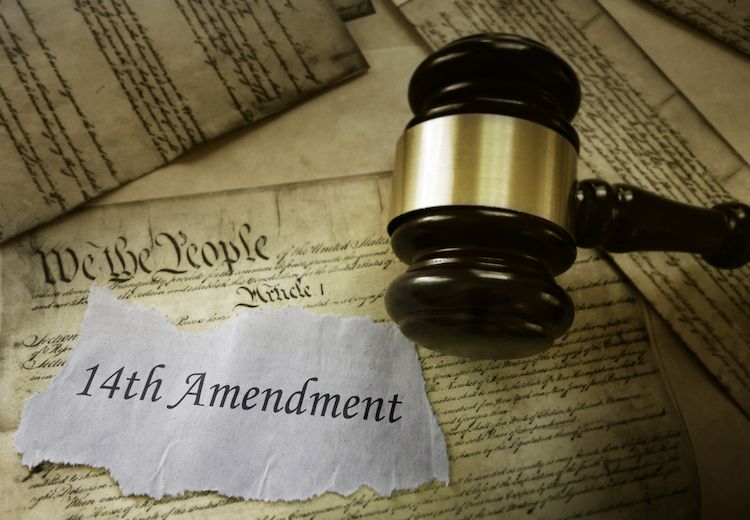What’s A Mid Nuptial? And is it for You?
I read a blog today about this subject. Mid nuptial agreements are contracts that typically seek to make an economic settlement among couples who otherwise don’t want to be divorced. It seems strange but we are encountering more situations where people are not really happy with the way their marriage is going but don’t want to actually conclude a final divorce.
How can that be? Two situations come to mind. The article I read suggested this kind of agreement for couples that are separating or separated but still unclear whether they really want a final ending. The theory is that by wrapping up the financial issues with an agreement, they can emotionally “clear the deck” to focus on relationship differences. I don’t really subscribe to that theory. If you already have questions about the viability of your marriage, don’t think that adding divorce lawyers and accountants to your life will help the situation. An individual therapist to keep your head straight and some couples counseling is a cheaper and far more efficient way to approach whether you still want the relationship.
The second scenario is more compelling. History has taught this writer that men tend to be risk takers while most women typically prefer financial security. It’s not always that way but it commonly occurs that somewhere around the middle of life, one spouse wants to speculate with the assets in the marital estate while the other would be perfectly content with a portfolio of fixed income securities. In the past, the classic example was the real estate developer. Buying land, putting it through a process of zoning approval and construction was and still is risky business. If the economy turns sour before the project is completed, banks will show little patience for the borrower and most insist that the developer’s personal assets, both individual and joint be pledged as security. In a bad economy, there are often sleepless nights in otherwise happy households sparked by fear that the bank or other creditors will “pull the plug” on the loans leaving the developer and spouse facing risk of huge losses.
This kind of economic dispute can wreak havoc on a relationship. Typically, the couple has a history of surviving economic downturns and have accumulated some wealth that makes them secure. But, then husband comes home one day and says he has an option to buy 30 acres to subdivide or a chance to get in on the ground floor of a private equity deal. The other spouse responds that she has lived on that precipice for most of their marriage and she really doesn’t want to risk their house or savings on the chance to make a “killing.” The friction is quite real. Husband offers that had they not taken risks in the past, they would not have the wealth they do. The other spouse offers that while that’s true, she will happily forsake the chance to make the next $1-10 million rather than risk losing it all in pursuit of another rung of economic security.
It doesn’t happen often, but we have done agreements where the parties agree to either divide assets so that each can pursue their individual financial dreams (more wealth vs. secure wealth). Or the agreements can place certain assets (e.g., the homestead) in a place where they will be kept aside and never deployed as security for any form of future speculative investment. These agreements could be more popular if people could stick to them. But what can happen is that the speculating spouse comes home one day and says he needs to invade the agreed upon secure investments, “just once and just for a few months” before the latest speculative enterprise will pay off “big.” The conservative spouse relents, often after being harassed by Mr. Speculator. Then the zoning board or the Food and Drug Administration issues an adverse ruling and suddenly the investment is kaput. Sometimes, the villain is the market itself. The investment world put the entire tech sector in the stock price penalty box from November 2021 to November 2022. Even tech companies that were performing well found that no one wanted their stock. Or, your spouse allowed you to take a variable rate home equity loan to buy the stock or invest in the project that would surely double in a year. Trouble is that the only thing to double was the interest payments on the line of credit.
Still, smart couples might benefit from forming a deal that keeps some of their economic powder dry while the rest of their wealth is deployed in pursuit of big returns. Such an agreement can make life happier at home for folks who enjoy their relationship except for the money part.






